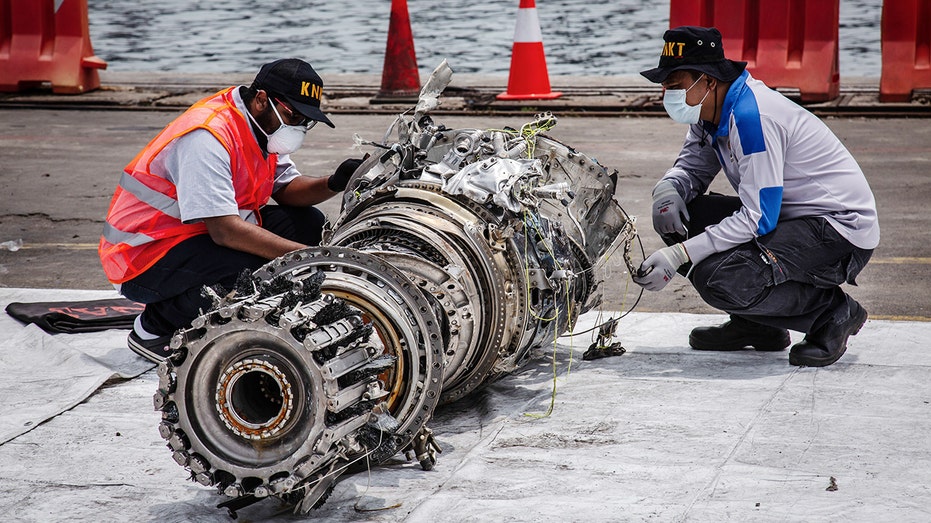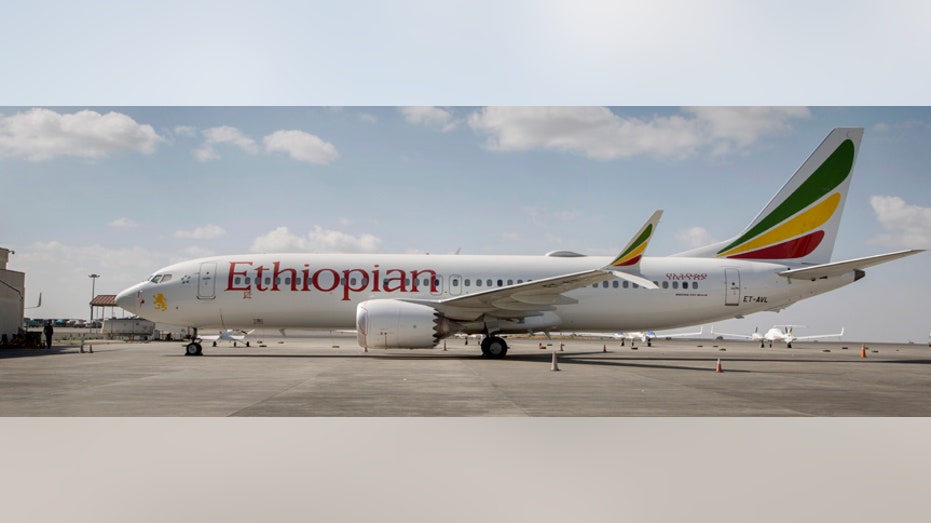Lion Air crash report points to Boeing, pilots, maintenance
Boeing says it is taking steps to ensure the flight control conditions that caused Lion Air Flight 610 to crash never happen again.
"We are addressing the KNKT's safety recommendations, and taking actions to enhance the safety of the 737 MAX to prevent the flight control conditions that occurred in this accident from ever happening again," Boeing President and CEO Dennis Muilenberg said in a press release, responding to the final investigation report of Lion Air Flight 610 which was released by Indonesia's National Transportation Safety Committee on Friday.
An Indonesian investigation found a Lion Air flight that crashed and killed 189 people a year ago was doomed by a combination of aircraft design flaws, inadequate training and maintenance problems.
A final accident report released Friday said Lion Air flight 610, from Indonesia's capital Jakarta to the island of Sumatra, crashed because the pilots were never told how to quickly respond to malfunctions of the Boeing 737 Max 8 jet's automated flight-control system.
The jet plunged into the Java Sea just 13 minutes after its takeoff on Oct. 29, 2018.

Indonesian investigators inspect the wreckage of an engine from Lion Air Flight JT 610 recovered from the sea at the Tanjung Priok port on November 4, 2018 in Jakarta, Indonesia.(Ulet Ifansasti/Getty Images, FILE)
Indonesia's National Transportation Safety Committee said the automated system, known as MCAS, relied on a single "angle of attack" sensor that provided erroneous information, automatically shoving the nose of the Max jet down.
GET FOX BUSINESS ON THE GO BY CLICKING HERE
The report also identified various missteps prior to the crash. The aircraft, only in use for two months, had problems on its last four flights, including one the day before its fatal accident.
Stocks In This Article:
The Indonesian report followed another last month from U.S. federal accident investigators who concluded that Boeing and the Federal Aviation Administration underestimated how a blizzard of visual and auditory warnings would slow pilots' ability to respond quickly enough to avert crashes.
Just five months after the Indonesian crash, the same kind of malfunction caused a Max jet to crash in Ethiopia, killing all 157 people on board.

An Ethiopian Airlines Boeing 737 Max 8 sits grounded at Bole International Airport in Addis Ababa, Ethiopia Saturday, March 23, 2019. The chief of Ethiopian Airlines says the warning and training requirements set for the now-grounded 737 Max aircraft (AP)
That led to the grounding of all 737 Max jets and put Boeing under intense pressure to explain problems associated with the MCAS system. The aircraft still has not resumed flying.
Boeing recently reported its third-quarter earnings dropped 51% to $1.17 billion in part because it added $900 million more in costs for the Max.
"We are very angry (at Boeing) because their negligence has caused our loved ones to die," said Muhammad Asdori, 55, whose brother and nephew were killed in the Lion Air crash.
"They should have anticipated any kind of problems with adequate training for pilots who fly their planes. We were even more angry when we learned that they had only admitted their mistake when the second MAX8 plane crashed in Ethiopia."
The Associated Press contributed to this report.




















